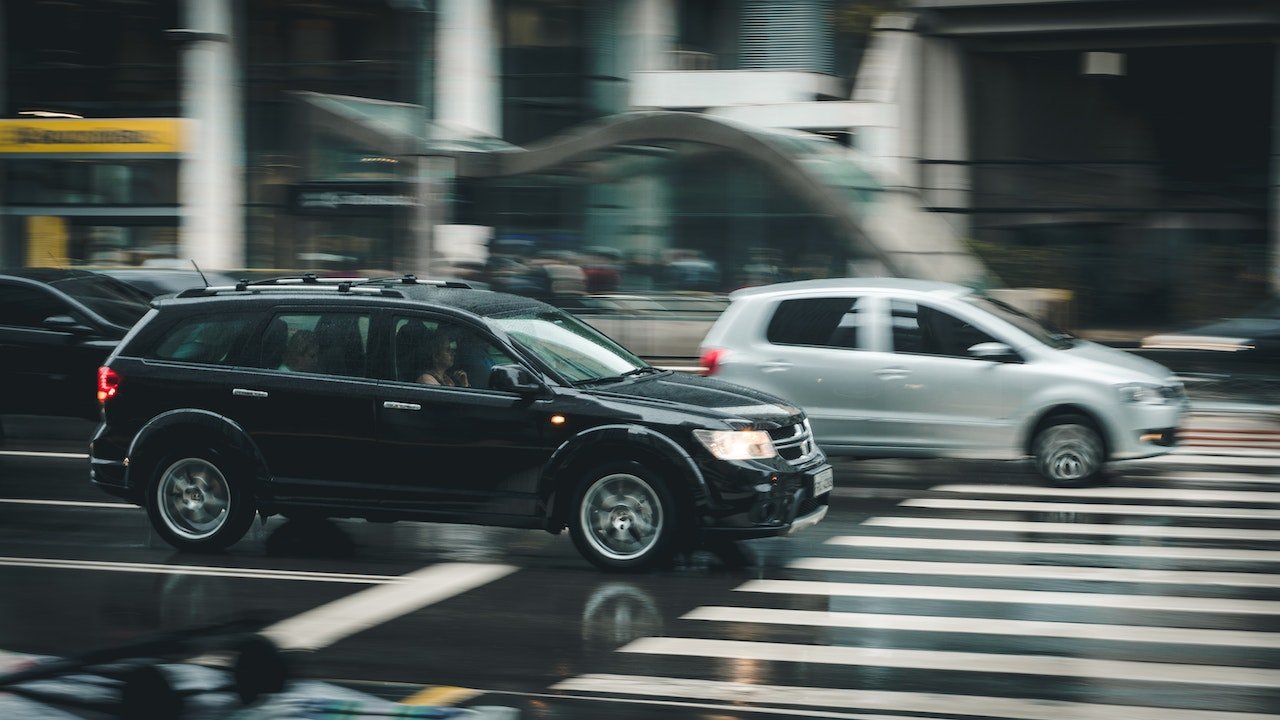MORGAN & MORGAN SUES TESLA OVER ALLEGEDLY UNRELIABLE AUTOPILOT SYSTEM(2023)

Morgan & Morgan, a law firm based in Florida, has filed a lawsuit against Tesla, alleging that the company’s Autopilot system is defective and dangerous. The lawsuit, which was filed on behalf of a Tesla owner who was involved in a collision with a stationary police car while using Autopilot, seeks damages for negligence, product liability, and breach of warranty.
Tesla’s Autopilot system, which is a driver-assistance technology that allows vehicles to steer, accelerate, and brake automatically under certain conditions, has been a key selling point for the company’s electric cars. However, the system has also been criticized for its limitations and potential safety risks.
Contents
Background of the Autopilot system
Tesla’s Autopilot system uses cameras, radar, and ultrasonic sensors to detect and respond to the environment around the car. The system can perform tasks such as staying in a lane, changing lanes, and navigating on highways. Autopilot also includes features such as Summon, which allows the car to park itself, and Autosteer, which allows the car to steer itself on highways.
The Autopilot system has been praised for its ability to reduce driver fatigue and improve safety by preventing accidents caused by human error. However, the system has also been criticized for its limitations, such as its inability to detect stationary objects, its reliance on road markings, and its tendency to disengage abruptly.
Alleged incidents of Autopilot system malfunction
There have been several incidents involving Tesla vehicles using Autopilot that have resulted in accidents, some of them fatal. In 2016, a Tesla Model S driver was killed in Florida when his car crashed into a truck while using Autopilot. In 2018, a Tesla Model X driver died in California when his car crashed into a concrete barrier while using Autopilot. There have also been non-fatal accidents involving Tesla vehicles using Autopilot, such as collisions with parked cars and emergency vehicles.
Morgan & Morgan’s allegations against Tesla
Morgan & Morgan’s lawsuit against Tesla alleges that the company’s Autopilot system is defective and dangerous and that Tesla knew about the defects but failed to fix them. The lawsuit claims that the Autopilot system is prone to sudden and unexpected disengagements and that it fails to detect stationary objects such as parked cars and debris on the road.
Read More: COMMON CAUSES OF CAR ACCIDENTS (2023)
The lawsuit also alleges that Tesla was negligent in designing and testing the Autopilot system and that the company failed to warn users about the limitations and risks of the system. Morgan & Morgan is seeking damages for the Tesla owner.
Tesla’s Response to the Lawsuit
Tesla has denied the allegations made by Morgan & Morgan and has stated that its Autopilot system is safe and reliable. The company has pointed out that its cars have driven billions of miles using Autopilot without incident and that its safety record is better than that of human drivers.
Tesla has also argued that the plaintiff in the lawsuit was driving under the influence of alcohol at the time of the accident and that the police car was not visible due to the brightness of the lights on the scene. The company has stated that the accident was not caused by any defects in the Autopilot system.
Implications of the lawsuit
The lawsuit filed by Morgan & Morgan against Tesla has significant implications for the future of autonomous driving technology. The lawsuit highlights the risks and limitations of current driver-assistance technologies and raises questions about the responsibility of car manufacturers in ensuring the safety of their products.
If the lawsuit is successful, it could lead to changes in the design and regulation of Autopilot and other similar systems. It could also have a significant impact on Tesla’s reputation and sales, as the company has staked its future on the success of its electric cars and autonomous driving technology.
Read More: CELL TOWER ACCIDENTS AND THE DANGERS OF UPGRADING TO 5G (2023)
Conclusion
The lawsuit filed by Morgan & Morgan against Tesla over the allegedly unreliable Autopilot system is an important development in the ongoing debate over the safety and regulation of autonomous driving technology. While Tesla has defended the safety of its Autopilot system, the lawsuit raises concerns about the risks and limitations of current driver-assistance technologies and the responsibility of car manufacturers in ensuring the safety of their products.
While it remains to be seen how the lawsuit will be resolved, it is clear that the outcome will have significant implications for the future of autonomous driving technology and the automotive industry as a whole.
FAQs
What is Tesla’s Auto system?
Tesla’s Auto system is a driver-assistance technology that allows vehicles to steer, accelerate, and brake automatically under certain conditions.
What are the advantages of the Auto system?
The auto system reduces driver fatigue and improves safety by preventing accidents caused by human error.
What are the concerns about the Auto system?
The Auto system has been criticized for its limitations, such as its inability to detect stationary objects, its reliance on road markings, and its tendency to disengage abruptly.
What are the allegations made by Morgan & Morgan against Tesla?
Morgan & Morgan’s lawsuit against Tesla alleges that the company’s Auto system is defective and dangerous and that Tesla knew about the defects but failed to fix them.
What are the potential implications of the lawsuit for the future of autonomous driving technology?
If the lawsuit is successful, it could lead to changes in the design and regulation of Auto and other similar systems. It could also have a significant impact on Tesla’s reputation and sales.
